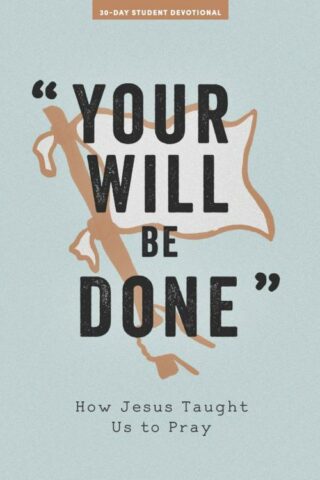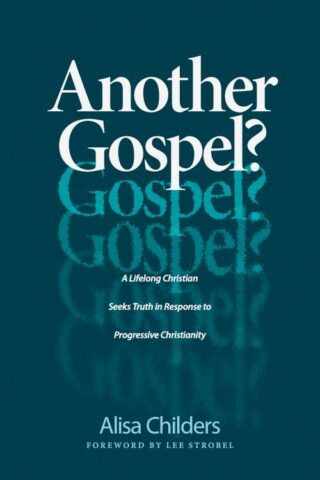Descartes Meditations On First Philosophy
$15.00
The SCM Briefly series is a series of summarized texts that are commonly used on theology and philosophy A level and Level One undergraduate courses in the UK. As students are less likely today to come to these subjects with language experience, the Briefly series, summarising the meaning of the original texts, is a painless and quick way to get to grips with what the philosophers were writing about. The language throughout is modern and approachable, but the books manage to avoid “dumbing down” by including line by line analysis and short quotes to give students a feel for the original. In addition, each book begins with an introduction, providing a context for the writer and his writings, a short summary as well as the detailed summary and each book also contains a glossary of terms.
Descartes’ Meditations on First Philosophy, was published in 1641, designed for the philosopher and for the theologian. It consists of six meditations, Of the Things that we may doubt, Of the Nature of the Human Mind, Of God: that He exists, Of Truth and Error, Of the Essence of Material Things, Of the Existence of Material Things and of the Real Distinction between the Mind and the Body of Man. However many scientists were opposed to Descartes’ ideas, even in his own lifetime. Although famous as a mathematician, his mechanics of how the world exists, were proven not to be possible by Newton. This did not stop his ideas being championed in Europe for over a hundred years. His philosophy is one that students cannot be without and this Briefly provides a thorough and accessible guide to one of his most important works.
in stock within 3-5 days of online purchase
SKU (ISBN): 9780334040910
ISBN10: 0334040914
David Daniels
Binding: Trade Paper
Published: August 2006
SCM Briefly
Publisher: SCM Press
Print On Demand Product
Related products
-
Light Within Me
$27.99The celebrated Fox News star and #1 New York Times bestselling author offers a powerful, uplifting look at her life and her spiritual journey, reflecting on her family, her faith, and her successful career.
In her bestselling children’s book Take Heart, My Child, Ainsley Earhardt drew on her childhood and the inspirational notes her father wrote her before school each morning. In this moving memoir, she reminisces about growing up with a father who loved his children unconditionally–a cherished model of parenthood she has adopted with her own daughter–how her Christian faith has shaped her life, and the dynamic journalism career that has made her a trusted household name.
From her insightful political coverage, including a sit-down with Melania Trump, to her powerful reporting covering some of the most headline-making national events, to her live coverage, including Pope Francis’ visit to New York, Ainsley considers her career and the factors that have propelled her to the top of her field, becoming a cohost of Fox & Friends and contributor to Hannity. Ainsley credits her success to the values she learned from her parents, and to the enduring Christian faith that has been her ballast through thick and thin, in good times and in periods of great difficulty.
Filled with inspirational quotes taken from Scripture and illustrated with sixteen pages of never-before-seen photos, her memoir is infused with her spiritual beliefs and will touch the hearts of all her fans, reminding them to count the blessings God has given them every day of their lives.
Add to cart2 in stock
-
I Still Believe Small Group DVD Kit
$39.99The I Still Believe Small Group Kit combines a 5-episode DVD series, 35-day devotional journal, and thorough leader’s guide to serve as a five-week guided tour for small groups through the biblical response to commitment, sacrifice, grief, loss, and also God’s sovereignty and redemption. This kit comes as a ready-to-use package that makes it easy to implement small groups in your church or ministry.
Includes: Video Series, Leader’s Guide, and Study Journal
Add to cartin stock within 3-5 days of online purchase
-
Mothers And Daughters Of The Bible Speak
$26.99God always keeps His promises, but not always in the way we expect….
“Have faith” is a phrase we hear all the time. But what does it actually look like to live it out? In The Mothers and Daughters of the Bible Speak, Shannon Bream examines the lives of biblical women to see how God’s plans can turn our worlds upside down. She tells the story of Jochebed, a mother who took enormous risks to protect her son, Moses, from Pharaoh. Could Jochebed have imagined that God’s actual design for her son involved flight into exile and danger? And yet this was all part of the master plan to deliver Israel from slavery. Another biblical mother, Rebekah, made terrible choices in an attempt to ensure her son’s place in history. And a daughter, Michal, struggled to keep her faithless father, Saul, from sin, while battling pride in herself.
Through these stories, Shannon explains the intimate connection between faith and family–and how God’s unexpected agenda can redefine the way we think about family. Not all of these mothers and daughters in the Bible were paragons of virtue. Like us, they were human beings who faltered and struggled to do their best. While some heard God’s voice, others chose their own paths. Through the lens of their imperfections, we can see how God used their stories to bring about His divine plans. He’s still doing the same work in our lives today.
The Mothers and Daughters of the Bible Speak shows that faith is more often a twisting road than a straight line. Yet, as the stories of biblical families attest, at the end of these journeys lies greater peace and joy than we could ever imagine.
Add to cart4 in stock
















Reviews
There are no reviews yet.